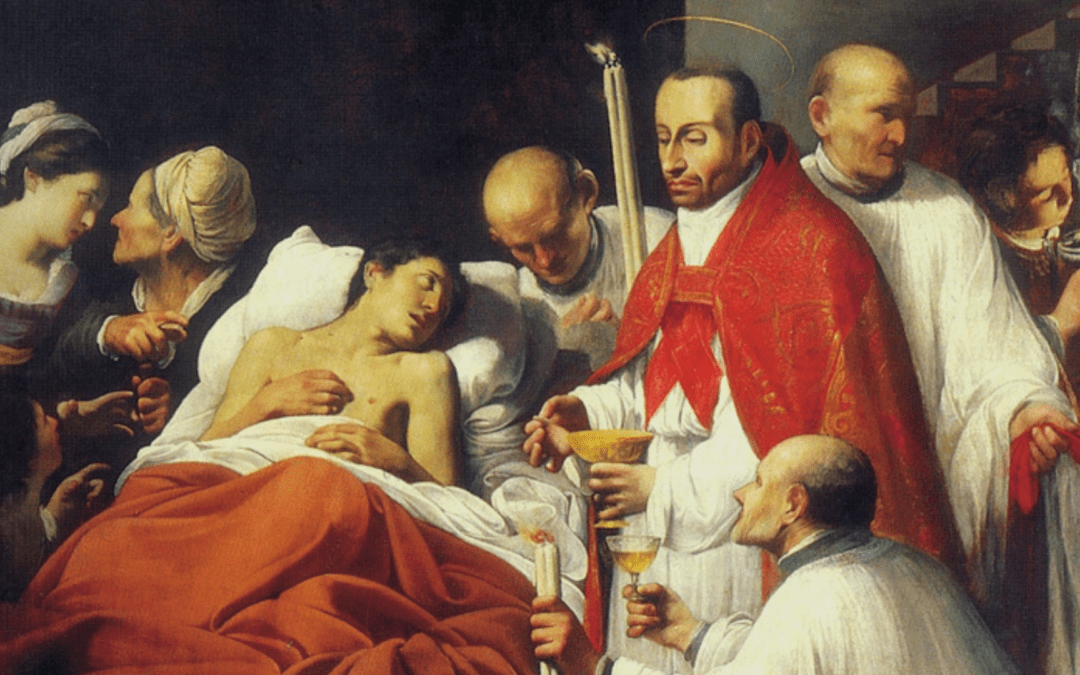
Sacrament of the Sick
Are there any who are sick among you? Let them send for the priests of the Church, and let them pray over them, anointing them with oil in the name of the LORD, and the prayer of faith will save the sick man, and the LORD will raise him up, and if he has committed any sins, he will be forgiven. James 5. 14-15
This sacrament instituted by Christ for the salvation of man has been historically known as Extreme Unction, although the contemporary liturgical books refer to it as the Anointing of the Sick. When a loved one is sick, family and friends often call for a Catholic priest to give comfort and prayer. The principal means by which the Church is present to the sick is through this powerful sacrament administered by her priests.
Like all the sacraments, to benefit from it one must have faith in God and His Mercy. It is not magic. But it often results in physical healing and always results in spiritual healing when received with faith. Only the baptized can receive the sacrament, and generally it is only offered to those in communion with the Catholic Church. It is offered to those who are gravely physically ill, of an advanced age, or preparing for surgery or some kind of risky event. It is not received validly under any other condition. It is not the sacrament for old folks or for those who feel “down.”
When a person is in danger of death, family and friends often call the priest to administer what is popularly referred to as Last Rites or Last Sacraments. Last Rites is not an antiquated term referring to the Anointing of the Sick, but refers to several things. If there is doubt as to whether the sick person is baptized, the priest administers a conditional baptism. Then, the priest encourages the sick person to make a good confession. Often this is not possible, and so the priest will ask for a sign of repentance like kissing a crucifix or blinking. If even this is not possible, the priest will administer absolution and often what is referred to as the Apostolic Pardon, a special grace from God and His Church to absolve sinners. The priest gives the person the Anointing of the Sick, and if he has not received it, the sacrament of Confirmation if there is time to complete the sacraments of initiation. Often if the person is in an irregular marriage and is capable of contracting a sacramental marriage with his partner, the priest will encourage that sacrament as well. Finally, the priest administers what is referred to as Viaticum, “food for the journey” by giving him Holy Communion. These actions together are what are called the Last Rites.
Sometimes it is not feasible to perform all of them for some reason or another, but the priest will always attempt the prayerful and fruitful completion of all of them.
When the person is at the moment of death, if a priest is present, he will say the Prayers of Commendation and commend the soul to God and His angels and saints. Deacons and laypeople are encouraged to say these prayers even when a priest is absent. Encouraging the sick person if conscious to make acts of faith, hope and love and to repeat the Holy Names of Jesus and Mary is a laudable practice. These prayers are not part of the Last Rites. Sometimes it happens that a priest has not been able to get to the body by the time of apparent death. He will then give absolution and anointing on the condition that they be alive, as we have no certainty when the soul leaves the body.
Every Catholic home should have a prayer book with the Prayers of Commendation as well as the following items: a crucifix, blessed candles, holy water, and either cotton balls or a Q-tip which can be buried or burned after the anointing. Catholic tradition holds that the priest bless the sickroom with holy water if it is available; Catholics should always meet the priest at the door with blessed candles and accompany him to the sick room if he is carrying the Blessed Sacrament; the cotton balls or Q-Tip are there to facilitate the ease of the anointing and to avoid contaminating the sacred oil itself. In historically Protestant countries and where the faith has been weakened, these customs are impossible, impractical, or imprudent to observe by priest and faithful, and even though no mention is made of them in the modern liturgical books, they are still praiseworthy customs to integrate into our lives.
Catholics should always contact the pastor of their parish if they or a loved one is sick, but they should never wait until it is dangerously close to death. The business and the scarcity of priests make it very difficult for them to respond with alacrity sometimes, even with the best of intentions. Catholics who are aware of fallen away Catholics should approach their pastor so that he might come to offer the sacraments, even if the person in question seems unwilling to receive them. Non-Catholic Christians who spontaneously request the sacraments in danger of death may be given them if it is clear that they have Catholic faith in the sacrament and it is not in any way against their will to receive them.
In case of medical emergency for parishioners of Prince of Peace or others living in Taylors, please call
- the parish office at 864.268.4352 during office hours or,
- outside of office hours call 866.456.2956.
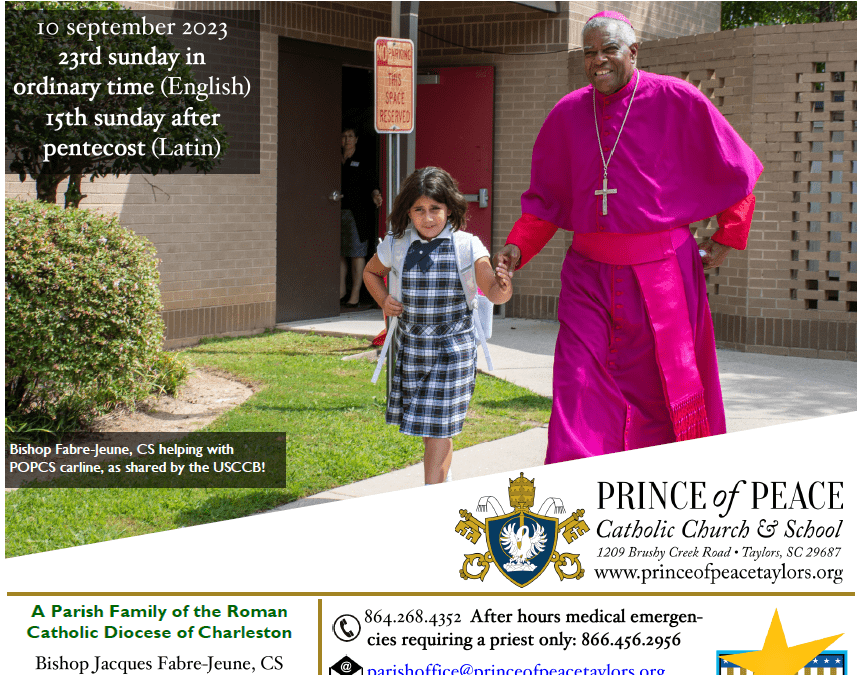

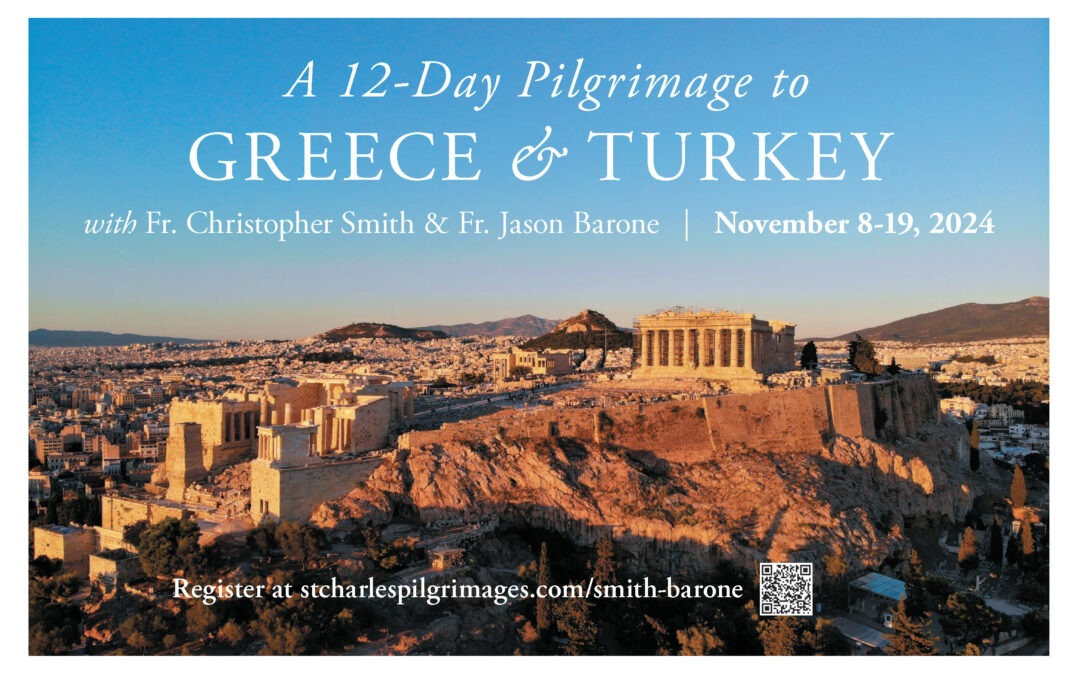
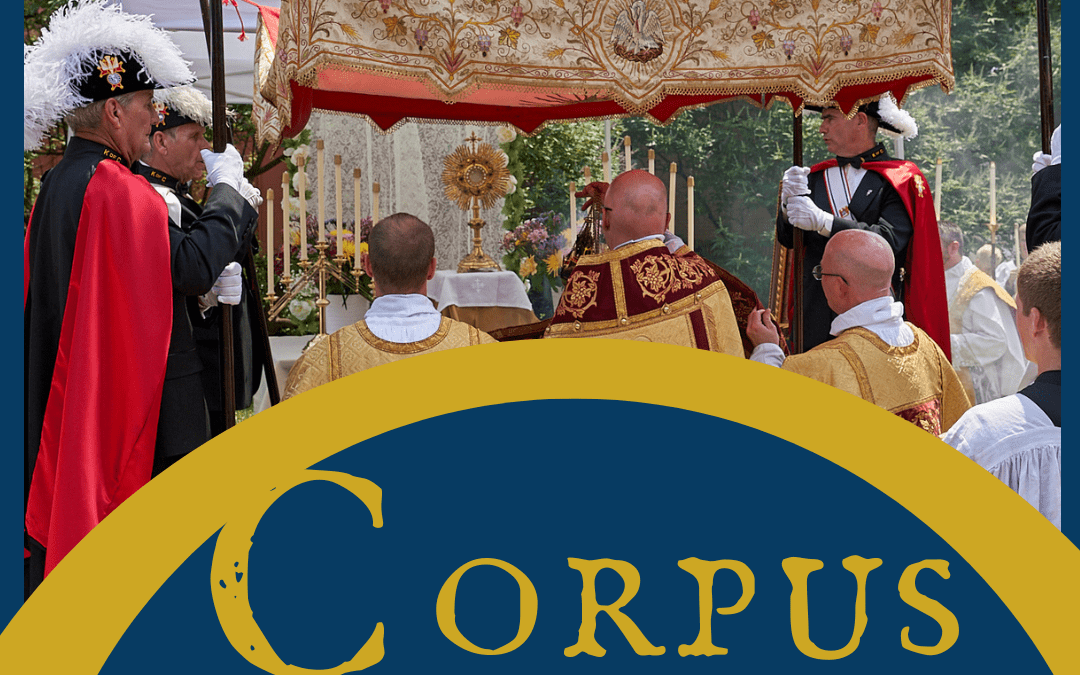
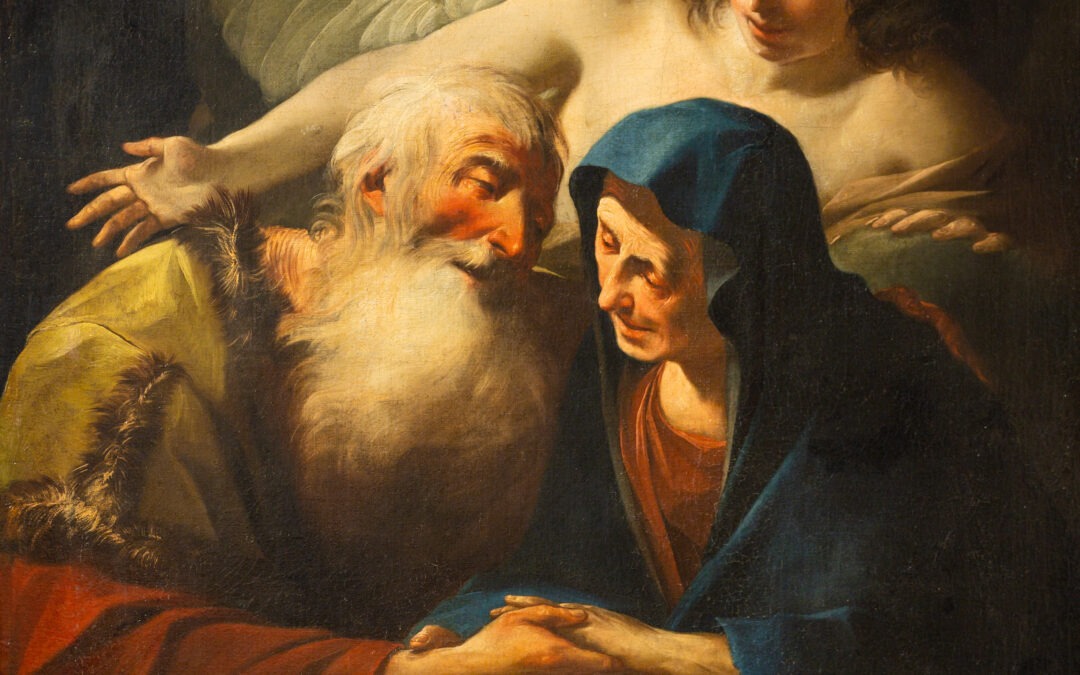
Recent Comments